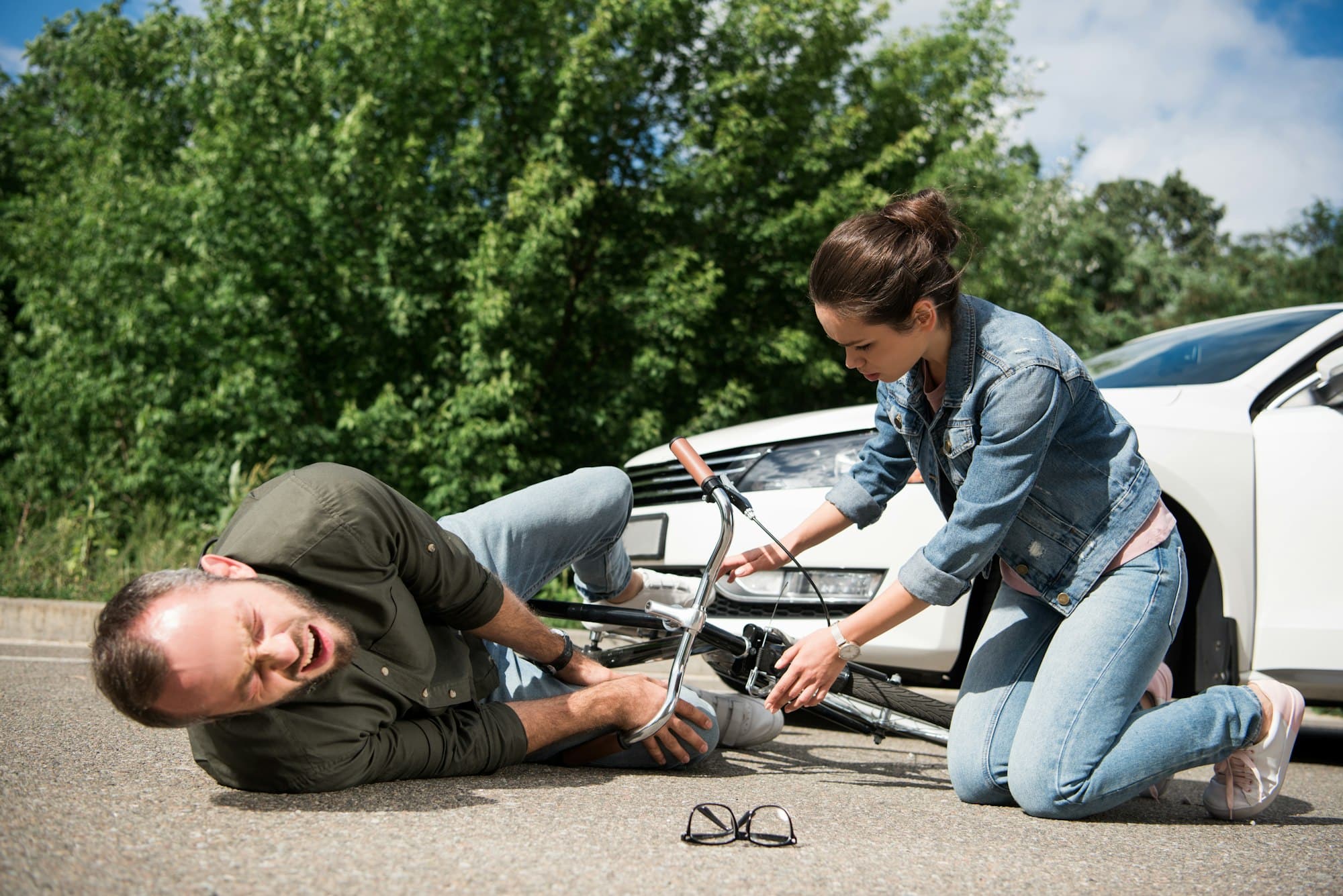When you’re in the market for a used car, it’s essential to check the vehicle’s past. It’s all too easy to fall in love with a slick paint job and a smooth engine, only to discover a hidden history of accidents and damage. In this article, we’ll guide you through the process of checking if a used car has been involved in a previous accident.
Understand the Importance of a Car’s History
A car might appear perfect from the outside, but its previous incidents can greatly affect your experience as the new owner. Any car that’s been in an accident could have hidden wear and tear or more severe damage that’s simply been masked by cosmetic fixes. This could lead to unexpected repairs and safety issues down the line.
This might interest you : How can you modify your car’s suspension for better handling on UK’s country roads?
Carfax and other similar report services can provide you with a detailed history of any vehicle using its VIN (Vehicle Identification Number). These reports will include any reported accidents, along with information about the severity of the damage, the parts of the car affected, and whether airbags were deployed.
However, it’s important to remember that these reports only include reported incidents. Not all accidents will have been reported to insurance companies or the police, especially if the damage was minor. Therefore, it’s crucial to also perform physical checks.
Also to read : What are the procedural steps to check and refill the differential fluid in a UK car?
Physical Checks for Accident History
One of the simplest ways to check if a car has been in an accident is to examine its body closely. Look for inconsistencies in the paint or gaps between the body panels. If the car has undergone repair work, the paint may not match perfectly across the entire vehicle.
Check the car’s body for any signs of filler, which may have been used to hide dents or other damage. A magnet can be a useful tool here: it won’t stick to areas where filler has been applied.
Don’t forget to check under the car as well. The undercarriage is often overlooked, but it can reveal significant details about a car’s past. Look for signs of rust, damage, or fresh undercoating, which could be hiding repairs.
Seek a Professional Inspection
Even if a car appears to be in good condition, it’s wise to get a second opinion from a professional. A mechanic will have the expertise to spot signs of damage that you might miss. They’ll also be able to check the mechanical aspects of the car for any damage or wear that could indicate past accidents.
If a mechanic finds evidence of unreported repairs or damage, it’s a clear sign that you should reconsider your purchase. Even if the car seems to run perfectly now, hidden damage could lead to costly problems later on.
Use the VIN to Check Accident History
The Vehicle Identification Number (VIN) is a unique code assigned to every car. You can use this number to check a vehicle’s history, including any recorded accidents.
Services like Carfax allow you to input a car’s VIN and get a detailed report on its past. This will include any reported accidents, as well as information about repairs, recalls, and ownership history.
Remember, not all accidents will be reported, so a clean report doesn’t necessarily mean a car hasn’t been in an accident. However, a history of reported accidents should give you pause.
Consult with your Insurance Company
Before finalizing your purchase, it can be beneficial to consult with your insurance company. They’ll be able to provide insight into any accident reports associated with the vehicle, which could help you make an informed decision.
Some insurance companies may even offer a discount if you provide them with a comprehensive report from a service like Carfax.
Remember, buying a used car involves more than just kicking the tires and checking under the hood. Your due diligence in checking a car’s history could save you from buying a vehicle with a troubled past. By following these steps, you’ll greatly reduce your risk of purchasing a car that’s been in a previous accident. A little time and effort now can save you from headaches and unexpected expenses in the future.
Utilize a Vehicle History Report Service
Looking into a vehicle history report is a crucial step in buying a used car. This report can give you detailed information about the car’s past including accident history, title problems, number of previous owners, service history, inspection details and much more. These reports can be accessed using the Vehicle Identification Number (VIN) of the car you’re interested in.
Carfax and AutoCheck are two of the most popular services offering these reports. Simply input the VIN and get a detailed report outlining the car’s history. It’s important to remember that these reports only include incidents that were reported to insurance companies or the police. So, while a clean report is a positive sign, it’s not a guarantee.
Unreported accidents could still leave signs of damage on the car. Therefore, even if the history report comes back clean, you should still conduct a physical check and take the car to a trusted mechanic for inspection. The cost of these reports generally range from $25 to $100, but it’s a small price to pay compared to the potential cost of buying a car with a hidden accident history.
Understand Your Rights When Buying a Used Car
When it comes to buying a used car, it’s essential to understand your rights. Most states have laws to protect consumers from deceitful sellers. For example, in some states, sellers must disclose if a car has been in a serious accident. Understanding your rights can help you make an informed decision and protect you from making a costly mistake.
If the dealer or seller isn’t forthcoming about the car’s history or refuses to let you take the car to a mechanic for inspection, those are red flags. Don’t be afraid to walk away from a deal if you feel uncomfortable or unsure.
Remember, knowledge is power. The more informed you are about the car’s history, the better equipped you’ll be to make a smart buying decision.
Conclusion
Understanding the accident history of a used car is a crucial step in the car buying process. It’s not just about the current condition of the car, it’s about what could potentially go wrong in the future. A car that’s been in a serious accident could have hidden damage that may not be apparent right away, but could cause major issues down the road.
Taking the time to do your due diligence before buying a used car will not only give you peace of mind, but it could also save you from unexpected expenses and potential safety issues. Use the tips mentioned in this article to help you determine if the used car you’re considering has been in a previous accident.
Never rush the process. Take your time to check the car’s accident history, conduct a physical check, get a professional inspection, consult with your insurance company, and understand your rights as a buyer. Sure, it might take a bit of time and effort now, but it could save you from major headaches in the future. Happy car hunting!











